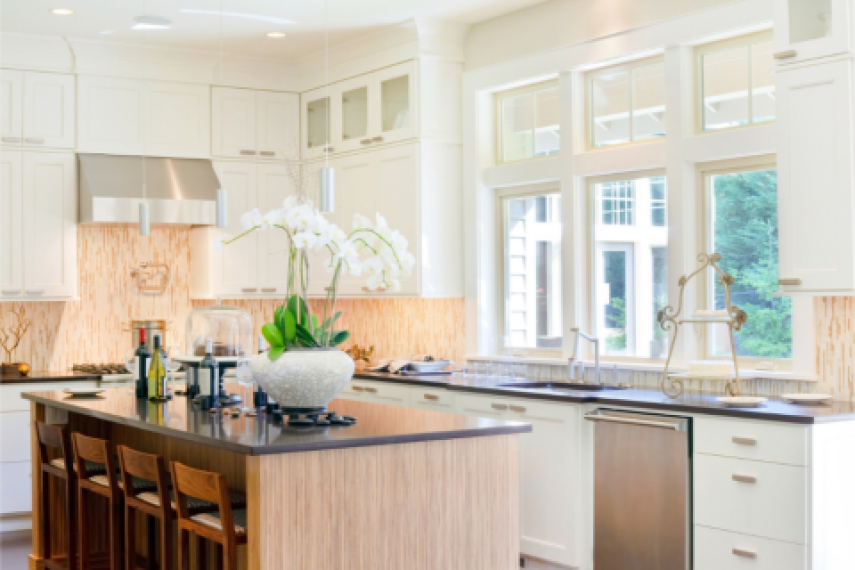
You've found your dream home in the perfect neighborhood. You've calculated that you can comfortably afford the monthly mortgage payments. But have you factored in the other costs of owning a home?
Mortgage payments are just the beginning. Property taxes, homeowners insurance, utility bills, home repairs, and homeowner's association (HOA) fees can all significantly impact your monthly budget. Here's a closer look at these costs and their effect on your finances.
Property Taxes
Property taxes are a significant part of homeownership expenses and vary widely depending on your location. According to data from the Tax Foundation, New Jersey continues to have the highest property taxes in the U.S., with an average effective rate of 2.21% in 2025. A home valued at $430,000 translates to approximately $9,500 annually. On the other hand, Hawaii has the lowest average property tax rate, at 0.29%, or around $1,250 for the same home value.
Many homeowners pay property taxes through an escrow account, where lenders collect monthly payments as part of the mortgage. For example, if your property taxes total $4,800 annually, your lender will add $400 to your monthly mortgage payment.
Additionally, the 2017 Tax Cuts and Jobs Act still limits the State and Local Taxes (SALT) deduction to $10,000, including property taxes. Keep this in mind when budgeting for taxes.
Homeowners Insurance
No mortgage lender will approve your loan without homeowners insurance, and even if you own your home outright, this protection is invaluable. Homeowners insurance safeguards your finances against damage from disasters, theft, and liability.
In 2025, the average annual premium for homeowners insurance in the U.S. is approximately $1,500, according to the Insurance Information Institute. However, costs vary based on factors like home size, location, and local risks. For example, homes in hurricane-prone areas like Florida or wildfire-prone states like California typically face higher premiums.
Utility Bills
Owning a home also means taking full responsibility for utilities such as electricity, water, gas, and waste disposal. According to the U.S. Energy Information Administration (EIA), the average monthly electricity bill in 2025 is $132. Residents in Hawaii pay the most, at $185 per month, while Utah homeowners pay the least, at $85 per month.
For heating, the EIA projects the average annual cost for natural gas heating in 2025 to be approximately $1,000, with variations depending on climate and home size. Before buying, request the seller's average utility costs over the past two to three years to estimate these expenses better.
Homeowners Association Fees
You'll likely face HOA fees when your dream home is part of a condominium complex, gated community, or subdivision with shared amenities. These fees cover landscaping, snow removal, and shared space maintenance.
In 2025, HOA fees typically range from $150 to $800 per month, with a national average of about $250, according to the Community Associations Institute. These fees can be a substantial additional cost, so factor them into your budget when considering homes in HOA-managed communities.
Home Maintenance and Repairs
Maintenance and repairs are inevitable costs of homeownership. Systems like HVAC units, water heaters, and roofs have limited lifespans, and unexpected repairs can arise.
HomeAdvisor says homeowners should expect to spend 1-4% of their home's value annually on maintenance. For a $300,000 home, this means budgeting between $3,000 and $12,000 annually.
- HVAC servicing: Average cost of $300-$500 annually.
- Roof repairs: Can range from $500 to $10,000, depending on the damage.
- Plumbing repairs: Typically range between $150 and $500 per issue.
By building an emergency fund for repairs, you can avoid financial strain when unexpected issues arise.
Total Monthly Costs
To understand the full cost of homeownership, combine your mortgage payment with property taxes, insurance, utilities, and maintenance. For example:
- Mortgage payment: $1,500 (for a $300,000 home with a 7% interest rate).
- Property taxes: $400 per month.
- Homeowners insurance: $125 per month.
- Utilities: $300 per month.
- HOA fees: $250 per month.
- Maintenance: $250 per month (based on a 1% annual estimate).
Total monthly cost: $2,825.
Takeaway
Owning a home can be a rewarding investment, both financially and emotionally. However, it's essential to go beyond the mortgage payment when calculating your budget. Property taxes, insurance, utilities, HOA fees, and maintenance costs can significantly increase the financial responsibilities of homeownership.
Understanding and planning for these expenses allows you to make informed decisions and enjoy the benefits of owning your dream home without unexpected financial stress.